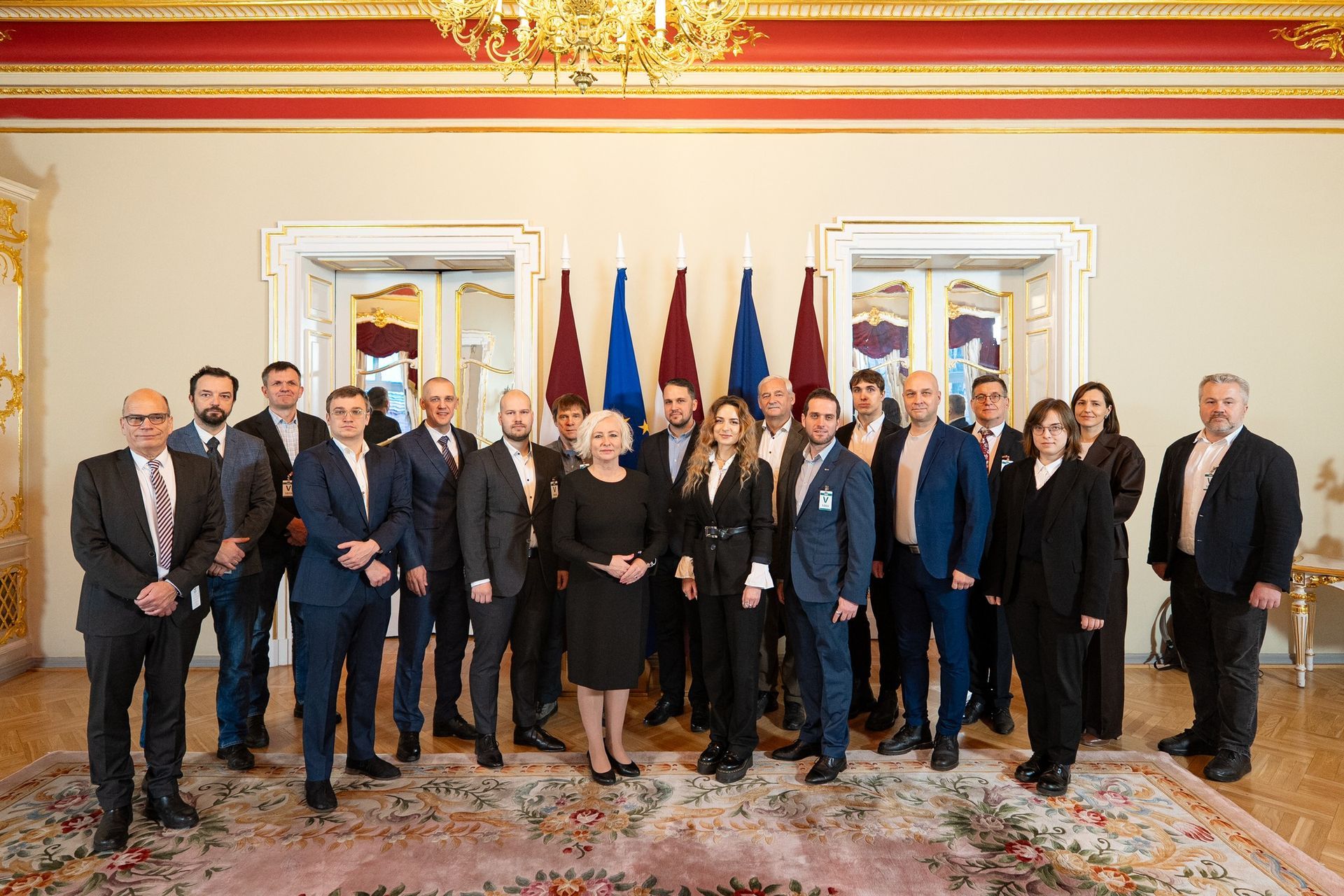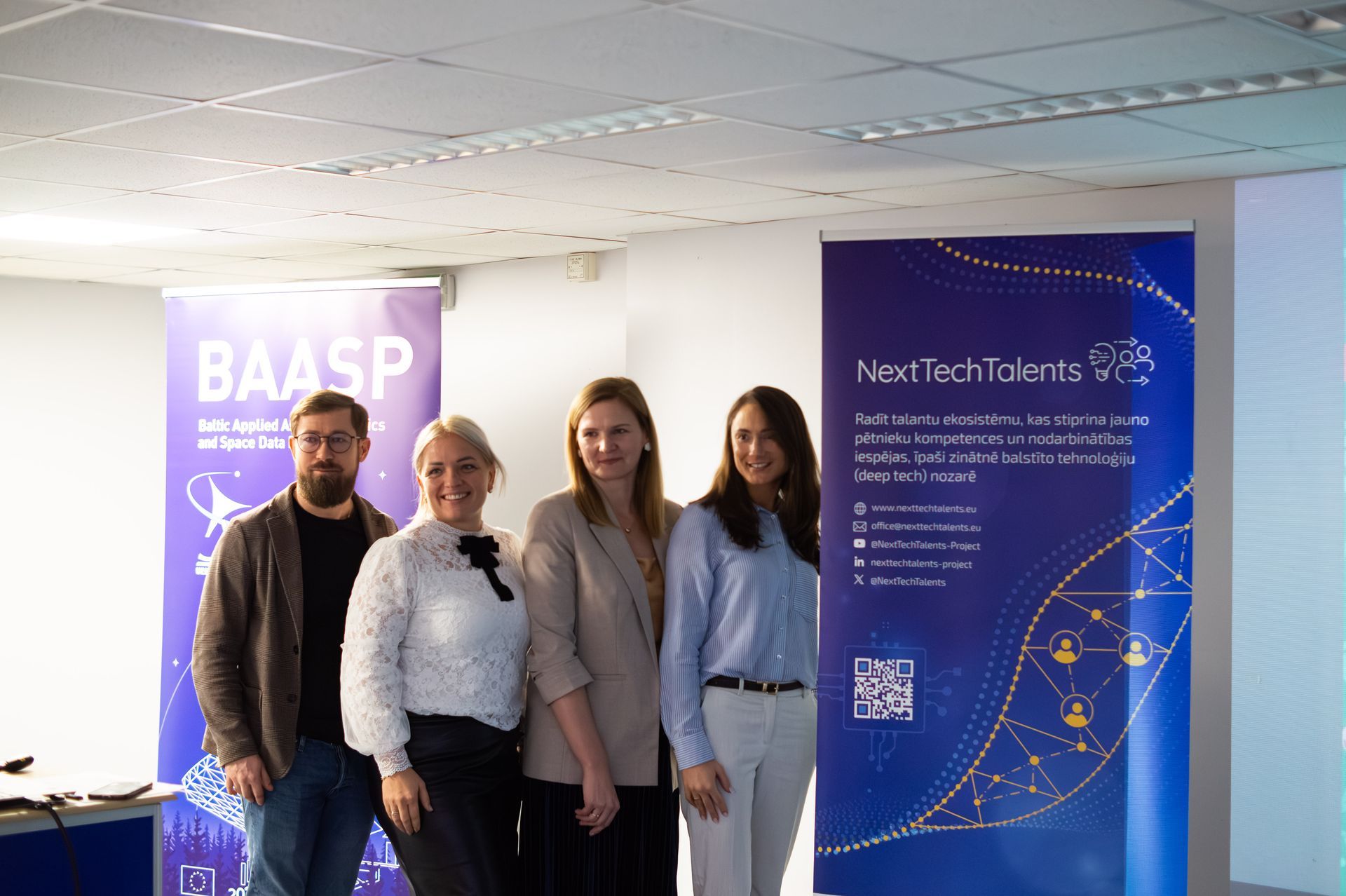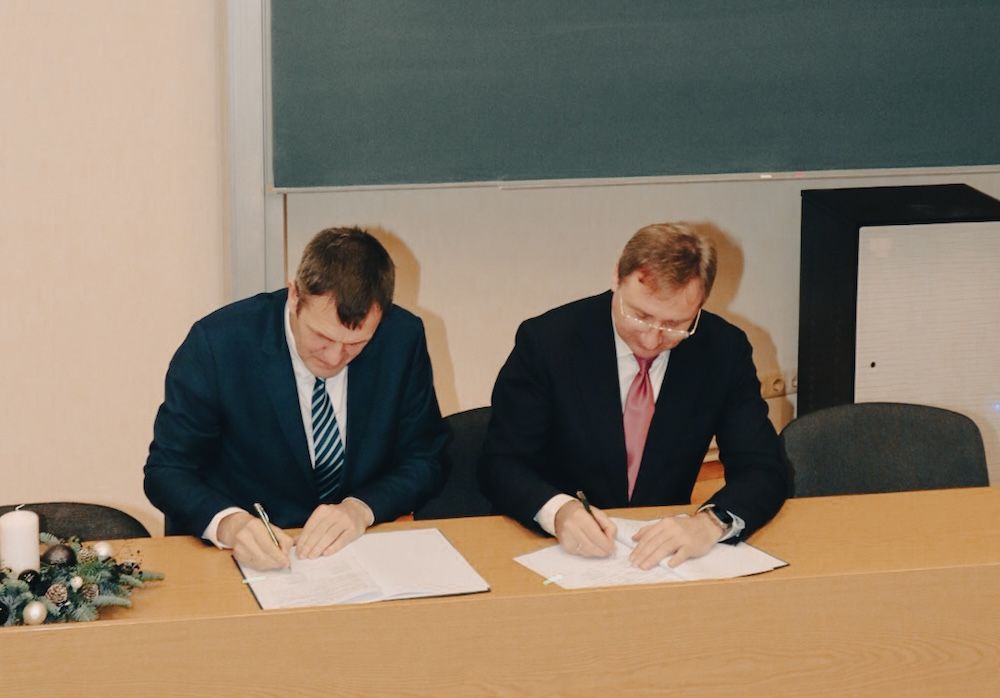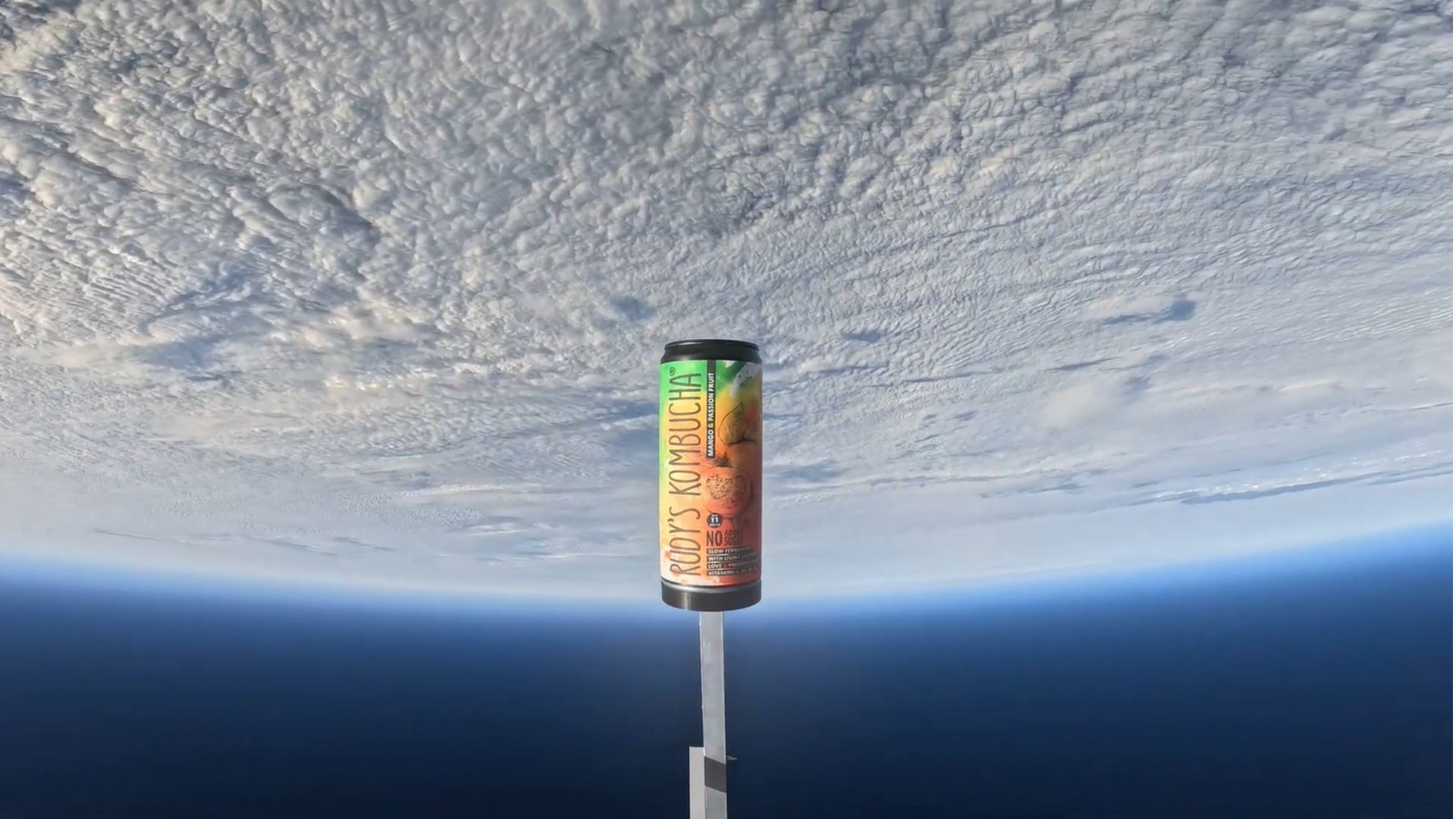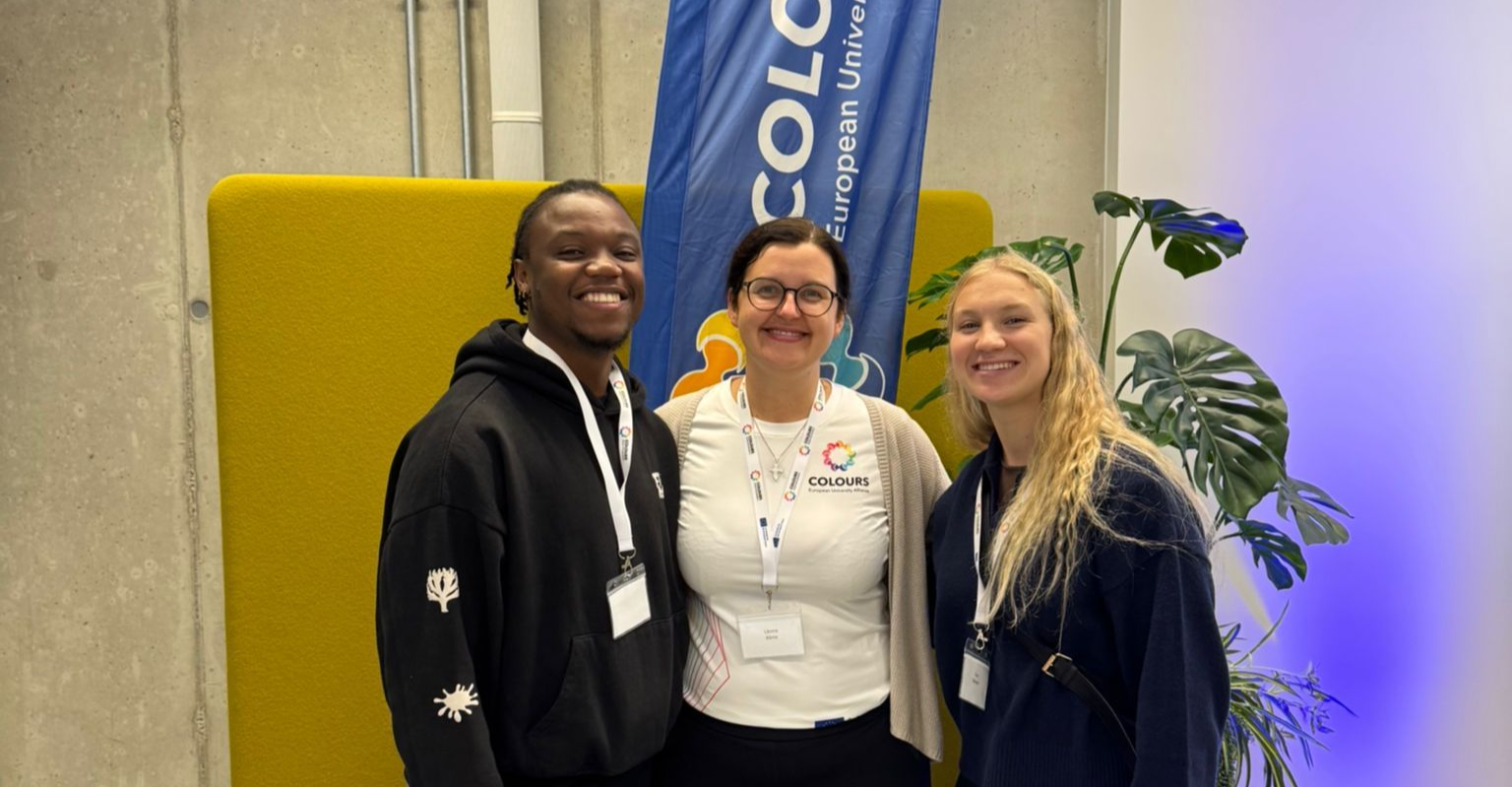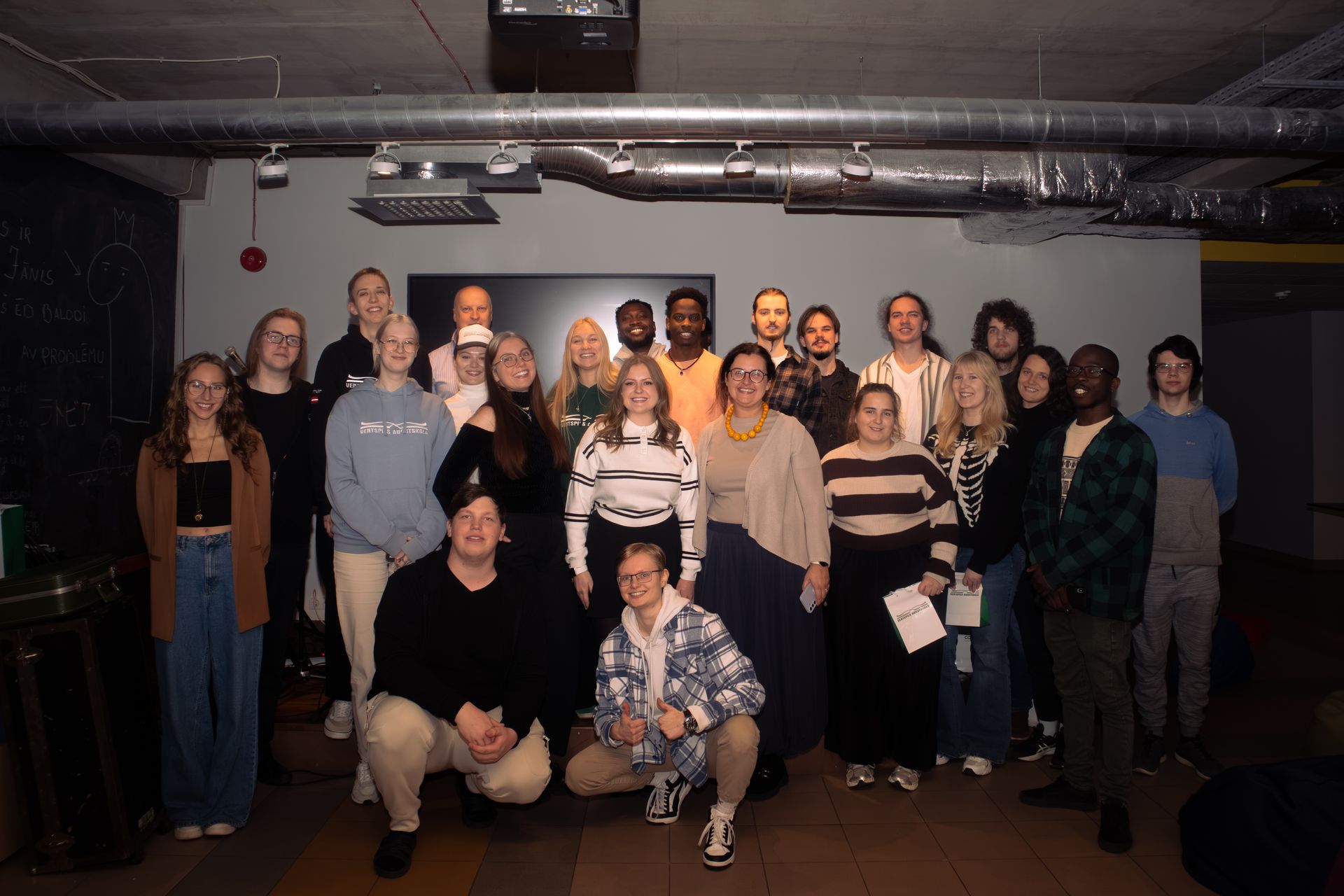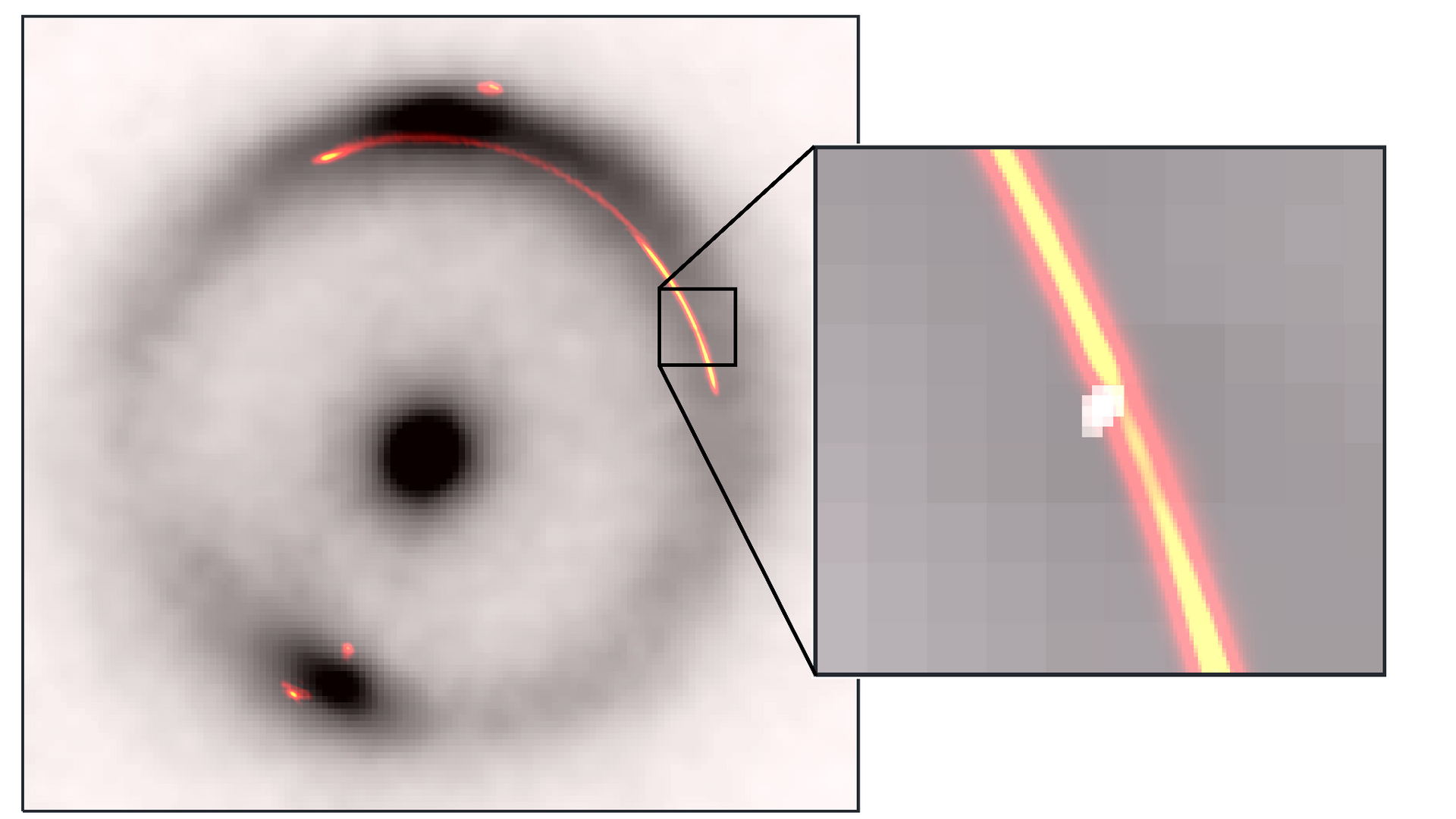Field of Natural Sciences
Research in natural science is carried out by the Engineering Research Institute “Ventspils International Radio Astronomy Centre” (ERI VIRAC) and the Faculty of Information Technologies (FIT).
Key research areas include astronomy and astrophysics, engineering, mathematical modeling, signal processing, space technologies, ICT, electronics, machine learning, and artificial intelligence.
Science in Engineering Research Institute "Ventspils International Radio Astronomy Centre"
Science in Faculty of Information Technologies
Ventspils University of Applied Sciences (VUAS) research Entity in Natural sciences is represented by two of its departments – Faculty of Information Technologies (FIT) and Engineering Research Institute “Ventspils International Radio Astronomy Centre” (VIRAC).
FIT offers internationally accredited education programmes and conducts research in information technology, computer engineering, electronics, telecommunications, computer control, and computer science. It is inseparably linked with VIRAC, as several VIRAC researchers also serve as academic and research staff at FIT. This close connection fosters interdisciplinary collaboration and knowledge exchange.
FIT provides education in two core areas—computer science and electronics engineering—which are also reflected in its research priorities. It boasts some of the most modern educational laboratories in Latvia for electronics, prototyping, robotics, and automation, encouraging student participation in cutting-edge research.
Many VIRAC and FIT staff members work across both departments, ensuring effective knowledge transfer between researchers, engineers, and students. FIT students actively contribute to research activities, laying the foundation for scientific careers and helping to develop a new generation of regional scientists and engineers.
FIT is also investing in the sustainable development of its own research capacity, particularly in the field of machine learning. This effort aims to establish a robust research direction within the faculty itself, complementing the work done at VIRAC and expanding into areas beyond radio astronomy, while remaining aligned with computer science and information technology.
In addition to academic and research activities, FIT engages in outreach across Latvia. Staff members lead practical training sessions in schools and host STEM workshops in FIT laboratories. A popular student tradition is the launch of a self-built stratospheric probe every few years (e.g., IRBE-6 in 2024), which draws public attention and inspires future STEM professionals.
The visibility of the radio telescopes and popular science lectures—delivered in schools or through NGOs such as the Young Astronomers’ Club—further increase public engagement. To date, FIT and VIRAC have visited over 50 secondary schools across Latvia, offering seminars in STEM and promoting educational opportunities at VUAS.
Together, FIT and VIRAC strengthen the interdisciplinary foundation of Natural Sciences at VUAS through joint research and public outreach, advancing both scientific knowledge and regional development.
Events and Highlights
